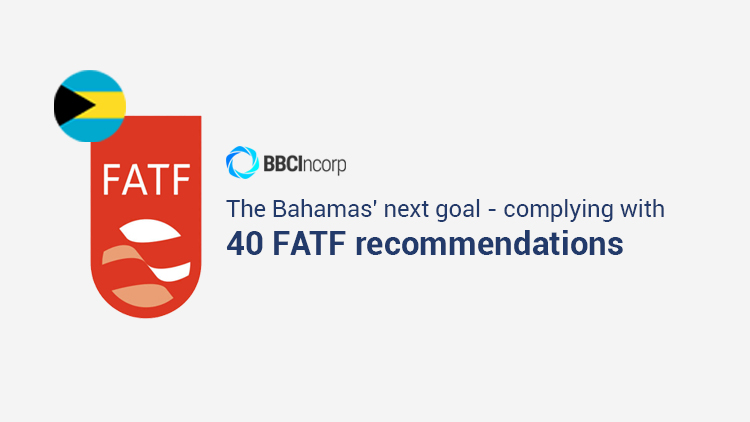
The Bahamas’ enhanced efforts to follow the FATF Recommendations
The Bahamas was removed from the FATF’s list of jurisdictions under increased monitoring on December 18, 2020. The jurisdiction had shown significant progress it has achieved in improving its anti-money laundering and counter-terrorist financing (AML/CFT) regime. Evidentially, the Caribbean Financial Action Task Force (CFATF) had re-rated the country on 13 of the 40 Recommendations after its responses to the CFATF mutual evaluation.
It doesn’t end there; in this year 2022, the Bahamas is attempting to become more transparent by modifying underlying sections of legislation with the goal of largely complying with 40/40 FATF recommendations.
Typical legislative changes to strengthen enforcement procedures in the Bahamas
The Anti – Terrorism Act. 2018 & The Proceeds of Crime Act, 2018
As a deterrent to various forms of terrorist fundings, the Anti-Terrorism Act was enacted and put into motion since 2018. The legislative decision was also made in order to facilitate intergovernmental compliance with the UN and other international organizations. The proposed change enables the Financial Intelligence Unit (FIU) to impose administrative penalty on cases of non-compliance by any financial institution.
The Proceeds of Crime Act of 2018 (POCA) was one of pieces of anti-money laundering legislation passed in the Bahamas. The Act’s modifications aim to clarify uncertainties and bring it closer to international anti-money laundering standards.
Register of Beneficial Ownership Act 2018
The Beneficial Ownership Act mandates the creation and storage of an electronic database of beneficial details for all recognized legal entities and their respective stakeholders registered in the Bahamas. In addition, the regiment also requires the designation of a collecting personnel to assist with data procurement upon request from specified authorities.
Subsequent amendments were made with the intention to reinforce current provisions on beneficial information transparency with international best practices. Definition of some terms were expanded including law enforcement authority and the supervisory authority. Further duty is imposed on legal entities and registered agents to ensure information written in the Bill is accurate.
In conjunction with this, as part of the amendments, an administrative penalty regime has been brought into existence thereby strengthening enforcement approaches and seeks to deter non-compliance.
Upcoming plans for winning the final two of 40 Recommendations
Currently, the Bahamas has been compliant or largely compliant among 38 out of the 40 FATF Recommendations.
Two outstanding matters – Recommendation 5 and 18 – remain to be addressed before Bahamas can reach full compliance. The first addresses the adequacy of laws of regulations on combating terrorist financing for non-profit organizations and the second the effective regulation/monitorisation of virtual asset services providers. The Bahamas is contriving its upcoming initiatives and improvements to make sure that all FATF Recommendations are met effectively.
Disclaimer: While BBCIncorp strives to make the information on this website as timely and accurate as possible, the information itself is for reference purposes only. You should not substitute the information provided in this article for competent legal advice. Feel free to contact BBCIncorp’s customer services for advice on your specific cases.
Industry News & Insights
Get helpful tips and info from our newsletter!
Stay in the know and be empowered with our strategic how-tos, resources, and guidelines.


